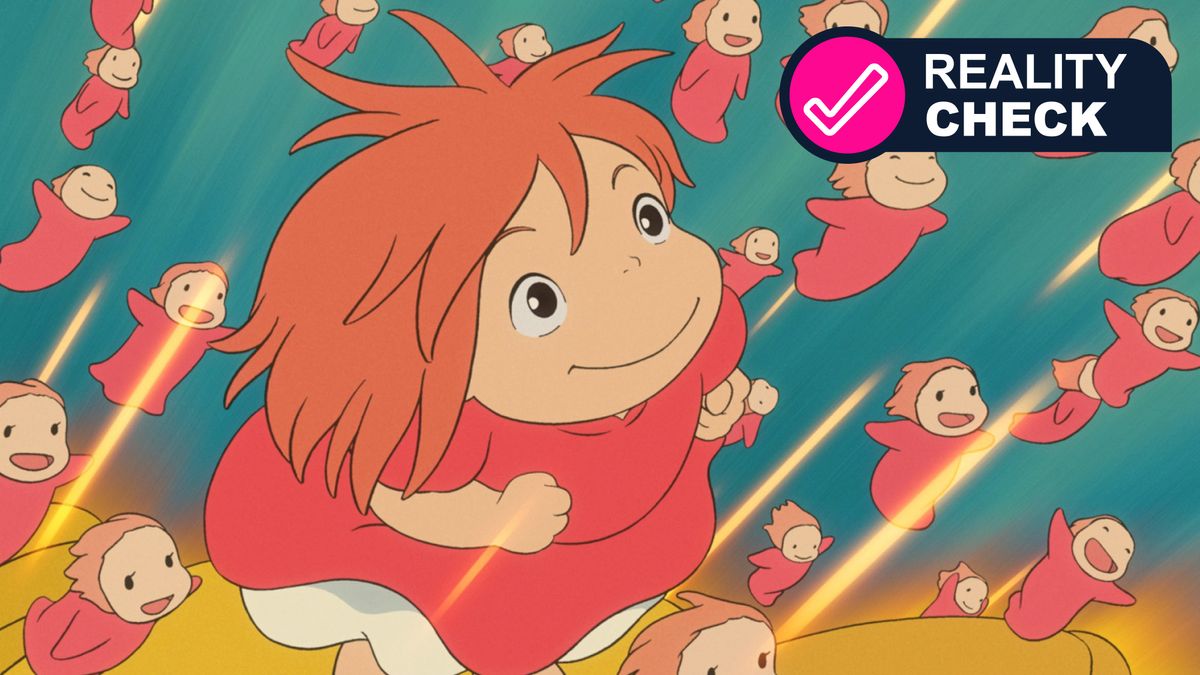
The K-Drama universe on Netflix is forever changed in 2025 as many fan favorite shows are put on the chopping block or branded as limited series. The shift has caused an uproar among viewers around the world as the streaming giant revamps its roster of Korean shows. Series that were once thought to run for years and years now appear to be on the chopping block, and viewers are left guessing what the future holds for their beloved shows.
In this article, we examine the cancellations, why they are occurring, and the overall effect on K-Drama fans in 2025. Word is that Netflix has tagged several 2025 K-Dramas "limited series," i.e.

, no season two. Among those titles thus affected, one of the standouts is When Life Gives You Tangerines, featuring IU and Park Bo-gum. Initially commended for its realistic storytelling, the series ends as a one-off despite good viewing.
Likewise, Lovely Runner, a time-slip romance, captures hearts, only to end without a sequel, leaving viewers who had looked forward to more in dismay. Queen of Tears, too, a fan favorite, is on the list, its emotional depth not enough to earn renewal. Finally, when the Stars Gossip, featuring Lee Min-ho and Gong Hyo-jin, falls short, its epic sci-fi romance is not worth a second season.
These choices indicate a trend toward sudden endings for high-profile shows. There are several reasons behind Netflix's 2025 K-Drama cancellations. Ratings are at the top of the list, with productions needing to maintain high-performing figures to make investment feasible.
When the Stars Gossip, with a cast of stars, allegedly failed on uneven pacing and poor international reception, as indicated by its meager 1.9 million viewers in a reference week. Production budgets also enter the picture: high-end production, high-profile casts, and complex plots increase budgets , making renewal a gamble if returns fall.
Netflix's strategy is also to prefer new content over long runs, in place of new stories to keep subscribers. The strategy, as much as it is radical, risks alienating some viewers who are dedicated to continuous narratives. Licensing deals and creative worth come into play, too, as some shows naturally end as scripted stories rather than as a cancellation for failing.
The strategy, while revolutionary, also risks alienating viewers who remain committed to ongoing storylines. Licensing agreements and artistic value also enter the picture, as some shows naturally conclude as planned stories and not as cancellations due to failure. The domino effect of these cancellations stings deeply in the K-Drama fan base.
Fans who had invested time and emotional capital in character development and cliffhanger plot twists are now faced with the pain of bitter farewells. Social media erupts in fury, hashtag campaigns like #SaveOurShows trend in popularity as fans earnestly plead for the revival of their favorite cancelled shows. With no clear seasons, like a second season of Lovely Runner that delves deeper into its time-traveling storyline, it leaves gaps in the storyline that annoy seasoned viewers.
Also, this trimming lowers the perception of K-Dramas as programs that have multiple seasons, which would lower interest in follow-up shows. Others, however, claim that this trimming gives way for new concepts to surface, encouraging diversity instead of repeating the same story. In addition to cancellations, Netflix's 2025 K-Drama lineup is devoted to starts and endings.
Fresh dramas such as Karma, a thriller featuring Shin Min-ah, and Resident Playbook, a spin-off from Hospital Playlist, will hit screens in April. These fresh dramas will present other kinds of tales: crime, medical, and fantasy; without letting the Hallyu wave die. Algo-driven recommendations, processing over 200 billion events daily, make these choices, hoping to forecast hits with an 80% hit rate.
Yet, the cancellation of proven shows negates this optimism, showing a strategic gamble to revitalize the catalog. Balancing fan retention and innovative experimentation characterizes this changing game. The cancellations raise questions about the future of K-Dramas on Netflix.
Will the service move towards shorter, self-contained tales, or will fan backlash force rethinks? Past trends hold the key, shows like Squid Game bucked early doubts to achieve renewals, and there is room for maneuver. New faces and new ideas can fill gaps left by cancelled shows, with Q2 debuts like Weak Hero: Class 2 poised to steal the limelight. Demand worldwide for Korean content remains unchecked, forcing Netflix to evolve without losing its shine.
Netflix's 2025 K-Drama cancellations are the benchmark of the streaming era for the genre. Series such as When Life Gives You Tangerines and Lovely Runner bid farewell to the final curtain, propelled by numbers, budgets, and strategic reconfigurations. Viewers grapple with dismay, but hope for renewal awaits.
While the platform makes its bets on new series, the endurance of K-Drama culture persists, with a robust, if unspecified, year ahead..















